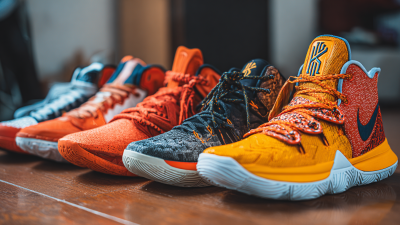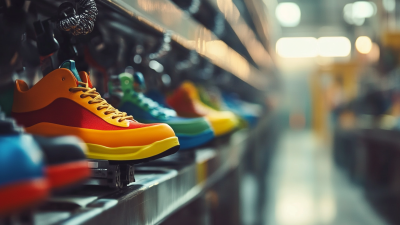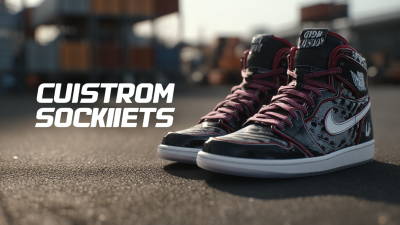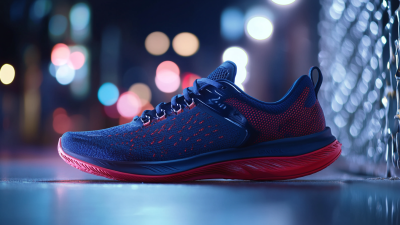
As the demand for personalized athletic gear continues to rise, the market for Custom Athletic Shoes has significantly expanded, reflecting a growing trend among consumers seeking footwear that complements their unique lifestyles. According to recent industry reports, the global sports footwear market is projected to reach $100 billion by 2025, with a substantial portion driven by the customization trend. A study found that over 60% of athletes are interested in footwear that aligns with their individual performance needs and style preferences. With the intersection of fashion and functionality, choosing the perfect Custom Athletic Shoes not only enhances performance but also contributes to overall well-being. This guide aims to assist you in navigating the myriad options available, ensuring that your choice enhances your athletic journey while reflecting your personal taste.
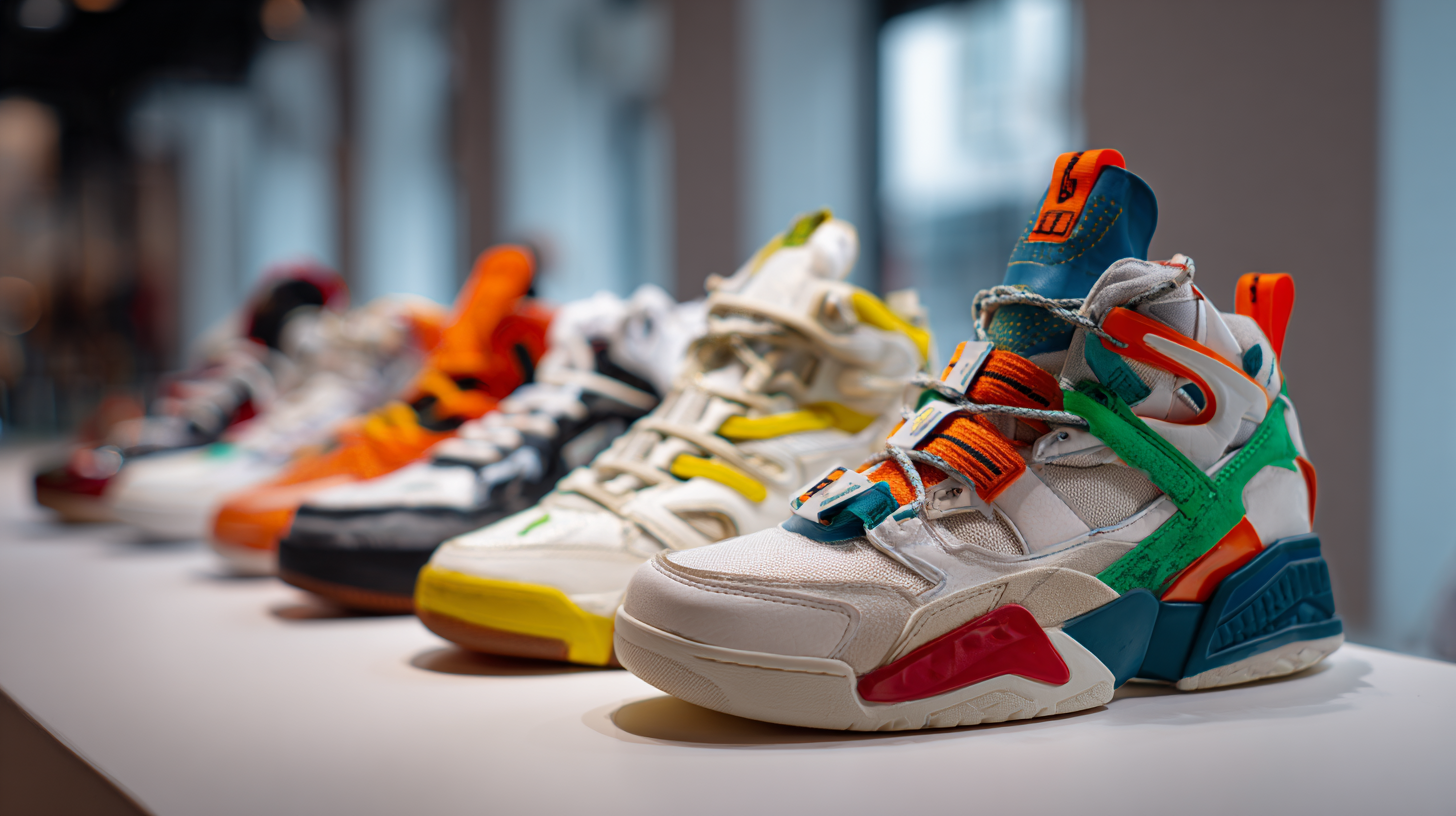
When choosing the perfect custom athletic shoes, it's essential to first identify your unique athletic needs and preferences. Athletes today have diverse training regimens that often include high-intensity workouts, running, or sports that require specific movements. A recent study found that tailoring footwear to an athlete’s biomechanics can significantly enhance performance and reduce the risk of injury. For instance, individuals who engage in sports with high lateral movement should opt for shoes featuring more rigid support and traction, while runners might prioritize lightweight materials and cushioning.
Moreover, the rising trend of product differentiation in the athletic footwear market demonstrates its impact on brand loyalty and consumer preferences. According to market research, brands that emphasize unique features—such as eco-friendly materials or specialized fit technologies—have seen a marked increase in sales. This shift is particularly relevant for Generation Z consumers, who heavily consider sustainability and authenticity in their purchasing decisions. Shoes that align with their values not only foster loyalty but also resonate with their desire for individuality. By focusing on both performance characteristics and personal principles, athletes can select custom shoes that better support their active lifestyles.
| Athletic Activity | Foot Type | Preferred Features | Recommended Material |
|---|---|---|---|
| Running | Neutral | Cushioning, Lightweight | Mesh, EVA Foam |
| CrossFit | Flat | Stability, Durability | Rubber, Synthetic |
| Basketball | High Arch | Support, Grip | Leather, Rubber |
| Walking | Neutral | Comfort, Flexibility | Synthetic, Mesh |
| Hiking | Wide | Waterproof, Ankle Support | Leather, Gore-Tex |
When selecting custom athletic shoes, it's essential to understand the various types available to match your lifestyle and activities. Each type of custom shoe is designed with specific features catering to different sports and physical demands. For instance, running shoes are typically lightweight and provide excellent shock absorption, making them ideal for long-distance runners who require support and comfort during extended periods on their feet. In contrast,
cross-training shoes offer versatility, with a balance between cushioning and stability that accommodates multiple workout styles, including strength training and aerobics.
Another popular category is specialty shoes, which are tailored for specific sports such as basketball, soccer, or hiking. These shoes often incorporate advanced technologies to enhance performance, such as better grip for traction on grass or reinforced structures for ankle support on the court. Additionally, lifestyle athletic shoes blend performance features with everyday style, making them suitable for casual wear while still providing the comfort and support needed for active living. Identifying the right type of custom athletic shoe for your routine is crucial to ensuring maximum performance and enjoyment during your activities.
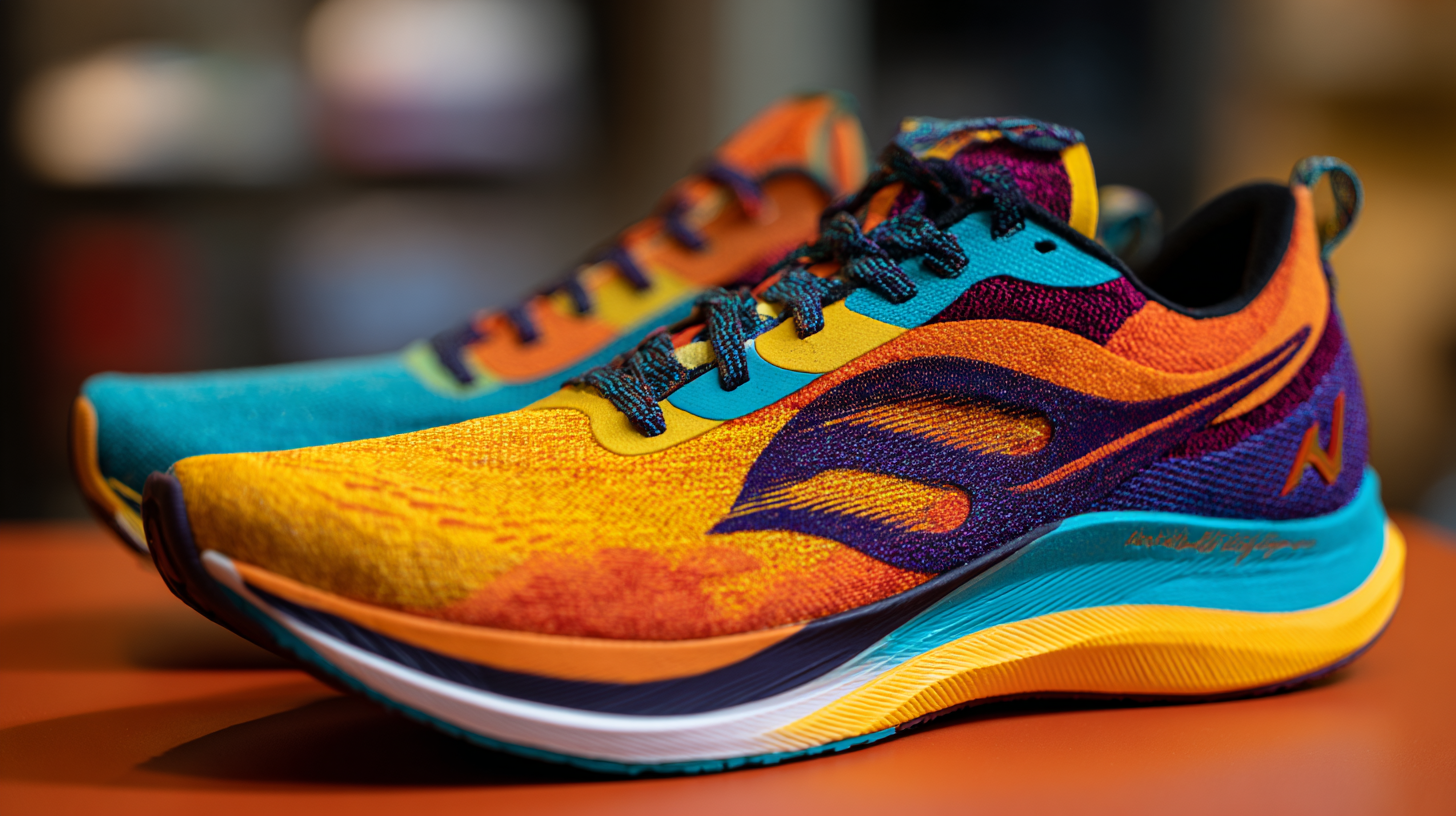
When choosing custom athletic shoes tailored to your lifestyle, it’s essential to focus on key features that can enhance your overall comfort and performance. First and foremost, consider the shoe's support and cushioning. A well-designed shoe should cradle your foot and provide adequate shock absorption, particularly if you spend long hours on your feet. Additionally, the fit is crucial; ensure that the shoe accommodates your foot shape while allowing for natural movement.
Tips: Look for shoes that offer arch support, especially if you have flat feet or specific foot issues. This can help prevent discomfort and injuries during physical activities. Furthermore, the materials used in the shoe's construction can impact breathability and durability. Opt for lightweight yet sturdy materials that keep your feet cool and supported, regardless of the intensity of your workouts or daily errands.
Also, don't overlook the importance of traction and flexibility. A good athletic shoe should provide a firm grip on various surfaces while allowing your feet to move naturally. Whether you are walking, running, or engaging in other athletic pursuits, selecting custom footwear with these features will significantly enhance your experience and help you maintain an active lifestyle.
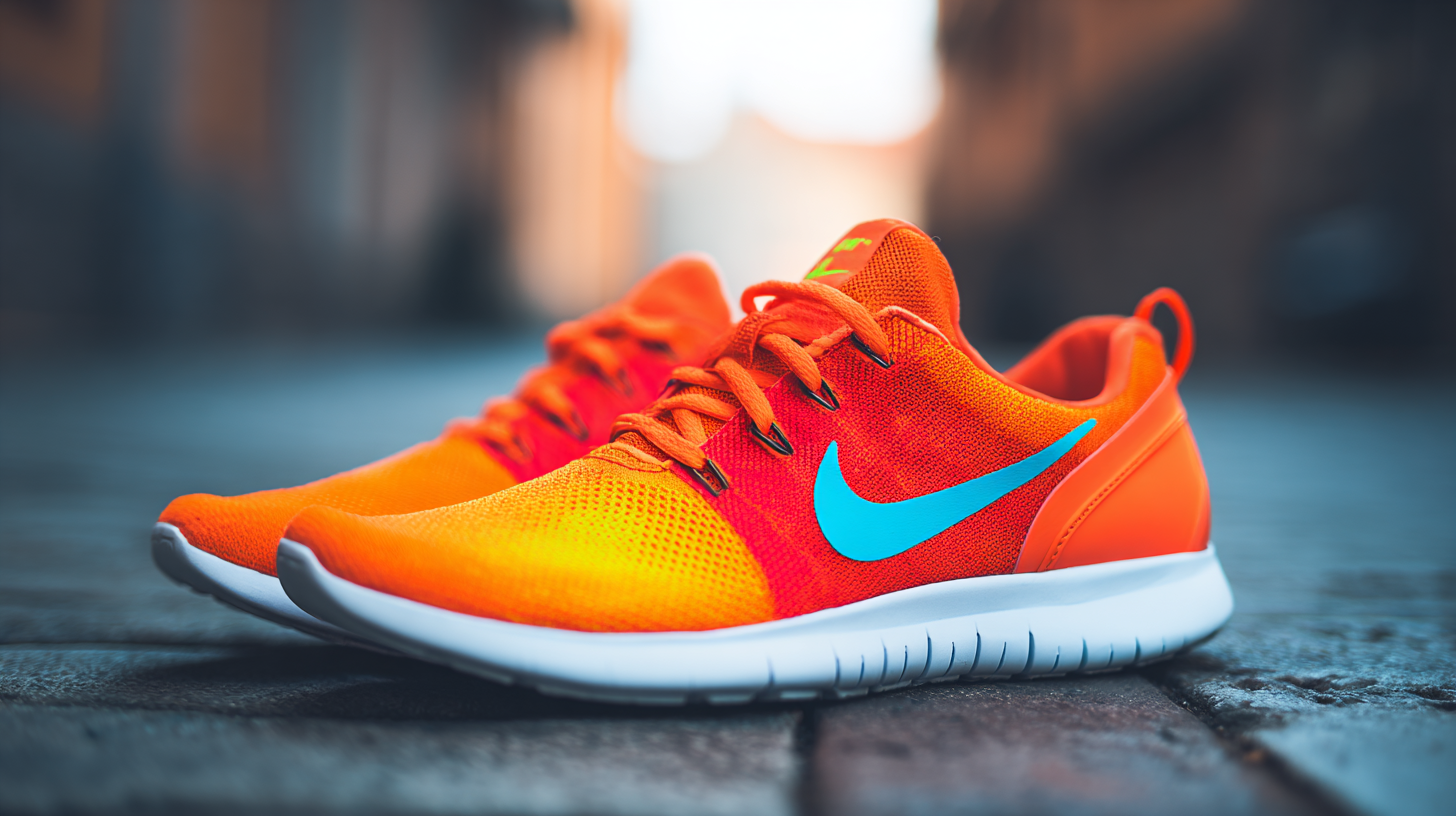
When considering custom athletic shoes, it is essential to establish a budget that aligns with your lifestyle and athletic needs. According to a recent industry report by the Sports & Fitness Industry Association, the average consumer spends about $70 to $150 on athletic footwear, depending on performance requirements and brand. Investing in quality shoes is crucial not only for comfort but also for injury prevention, as the right shoes can significantly improve your performance.
**Tips:** Always prioritize your specific activity when selecting shoes. For instance, running shoes might require a higher investment due to advanced cushioning technology, while casual or lifestyle shoes can be more budget-friendly. Aim to allocate at least 10% of your annual fitness budget to footwear, as quality shoes are a long-term investment in your health and performance.
Consider trying out custom options, as personalized shoes can range from $150 to over $400 but often cater precisely to your foot's unique structure and biomechanics. A report by the National Shoe Retailers Association indicates that consumers are willing to invest more in custom solutions that offer superior fit and durability.
**Tips:** Look out for seasonal discounts or promotions from reputable brands, which can make high-quality footwear more affordable. Always measure your foot size and try shoes on at the end of the day, when your feet are slightly swollen, to ensure the best fit.
When selecting custom athletic shoes, one of the most critical aspects to consider is sizing and comfort. According to a report by the American Podiatric Medical Association, incorrect shoe sizing can lead to numerous foot problems, with nearly 70% of people wearing shoes that do not fit properly. This underscores the importance of measuring your feet accurately and understanding that size can vary across different brands and styles. Custom athletic shoes should not only fit the foot snugly but also accommodate any specific conditions like bunions or flat feet, ensuring that athletes can perform at their best without the distraction of discomfort.
Furthermore, comfort is greatly influenced by the design features of the shoe, such as the arch support and cushioning levels. A study published in the Journal of Foot and Ankle Research found that shoes with better cushioning significantly reduced impact stress and improved overall performance. This highlights the need for athletes to consider the materials used in their custom shoes, as those with advanced cushioning technology can provide the necessary support over long training sessions. Therefore, when choosing custom athletic shoes, prioritize these sizing and comfort considerations to enhance your overall athletic experience.
